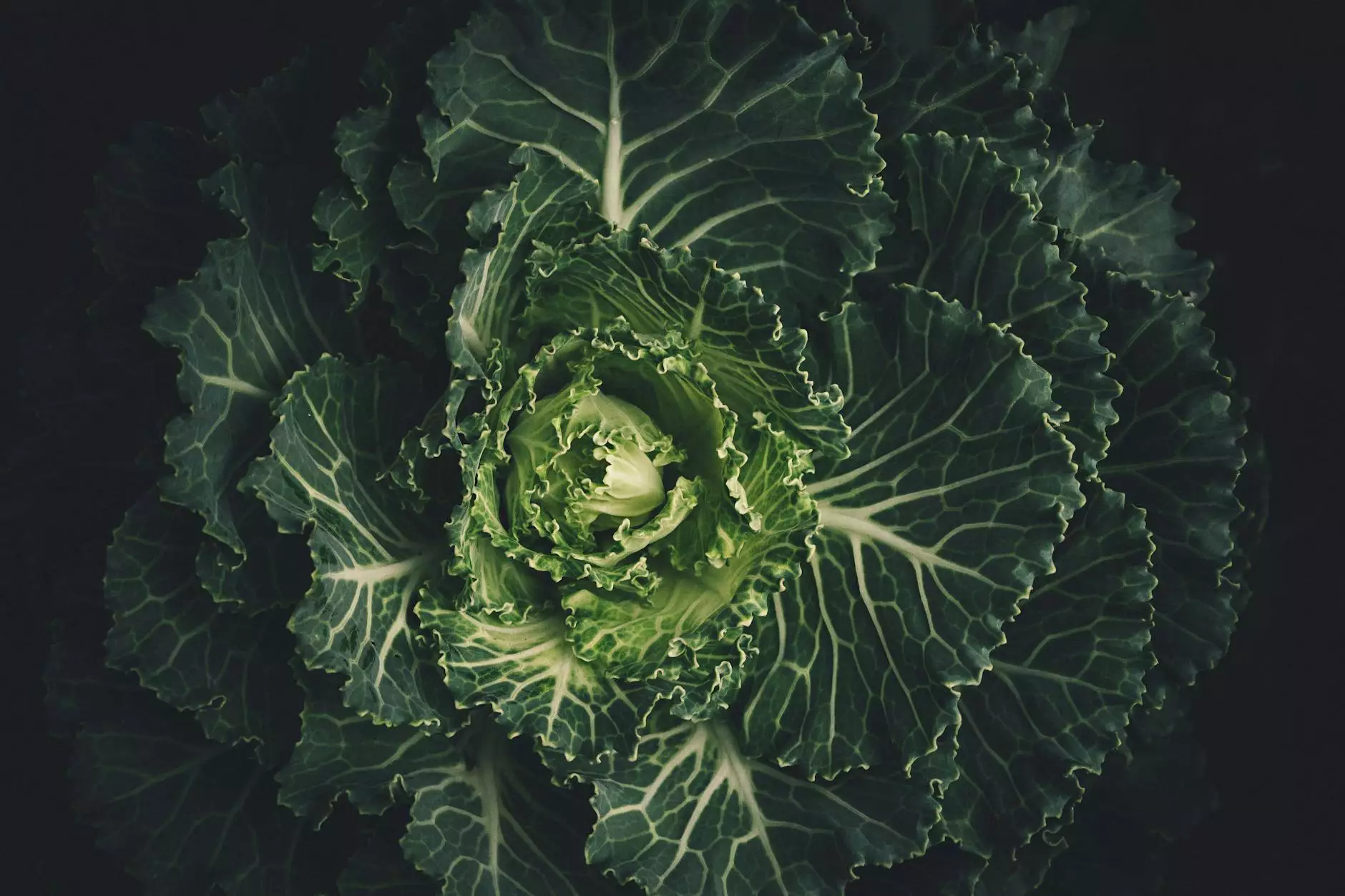Understanding Varicose Veins: Insights from a Varicose Vein Specialist

Varicose veins are a common condition affecting millions of people worldwide. As a leading varicose vein specialist, I aim to provide comprehensive insights into what varicose veins are, their causes, symptoms, diagnosis, treatment options, and preventive measures. This article will guide you through everything you need to know about varicose veins and how to manage them effectively.
What are Varicose Veins?
Varicose veins refer to swollen, twisted veins that often appear blue or dark purple. They are commonly found in the legs but can occur in other parts of the body as well. These veins result from poor venous return, where blood pools in the veins due to valve failure that prevents proper blood flow back to the heart.
Causes of Varicose Veins
Several factors can contribute to the development of varicose veins, including:
- Genetics: A family history of varicose veins increases your risk.
- Age: Aging weakens your vein valves.
- Gender: Women are more prone due to hormonal changes.
- Obesity: Excess weight puts more pressure on your veins.
- Prolonged Standing or Sitting: Jobs that require long periods of standing or sitting can hinder blood flow.
Symptoms of Varicose Veins
While some people experience no symptoms, others may suffer from:
- Pain and Discomfort: Aching, heaviness, and throbbing sensations in the legs.
- Swelling: Swollen ankles and feet, particularly after long hours of standing.
- Skin Changes: Darkening of the skin around the affected veins.
- Itching: An itchy sensation over the affected area.
- Ulcers: In severe cases, ulcers can form near the ankles.
Diagnosis of Varicose Veins
To diagnose varicose veins, a varicose vein specialist will typically perform a physical examination and may use imaging tests, such as:
- Ultrasound: To assess blood flow and examine the valves in your veins.
- Doppler Studies: To measure the speed of blood flow.
Treatment Options for Varicose Veins
Depending on the severity of the condition, treatment options may vary. Here are some common methods employed by varicose vein specialists:
1. Lifestyle Changes
Making certain lifestyle adjustments can significantly reduce symptoms:
- Exercise Regularly: Engaging in physical activities like walking can improve circulation.
- Maintain a Healthy Weight: Reducing excess weight helps lessen pressure on the veins.
- Avoid Prolonged Standing: If your job requires it, take breaks to walk around.
- Wear Compression Stockings: These can help improve blood circulation and alleviate discomfort.
2. Minimally Invasive Procedures
For those requiring more than lifestyle changes, a varicose vein specialist may recommend:
- Endovenous Laser Treatment (EVLT): A laser is used to close off the varicose vein.
- Sclerotherapy: A solution is injected into the vein, causing it to scar and close.
- Radiofrequency Ablation: Similar to EVLT but uses radiofrequency energy to collapse the vein.
3. Surgical Options
In more severe cases, surgical interventions may be necessary:
- Vein Stripping: The affected vein is surgically removed.
- Ambulatory Phlebectomy: Small incisions are made to remove the varicose veins.
Preventive Measures for Varicose Veins
While not all varicose veins are preventable, certain measures can reduce risk:
- Regular Exercise: Keep your blood circulation healthy through physical activity.
- Elevate Your Legs: Raise your legs when resting to help reduce pressure on the veins.
- Eat a High-Fiber Diet: A diet rich in fruits, vegetables, and whole grains can help prevent constipation, which may worsen varicose veins.
- Avoid Tight Clothing: Wear loose-fitting clothes to promote better blood flow.
The Role of the Varicose Vein Specialist
A varicose vein specialist is a medical professional trained to diagnose and treat vascular conditions, particularly varicose veins. Consulting a specialist is crucial for a proper evaluation and personalized treatment plan. Here’s why:
- Expert Knowledge: Specialists are well-versed in the latest treatment techniques and advancements in vascular health.
- Comprehensive Care: They provide tailored plans based on individual health history, symptoms, and lifestyle.
- Ongoing Management: Your specialist will monitor your condition and adjust treatments as needed.
Conclusion
Understanding varicose veins is essential for anyone affected by this condition. As a varicose vein specialist, I emphasize the importance of seeking professional advice and exploring the multitude of treatment options available. With the right approach, you can effectively manage varicose veins and lead a healthier, more active life.
Contact Us
For more information or to schedule an appointment, visit us at Truffles Vein Specialists. Your vascular health is our priority.









